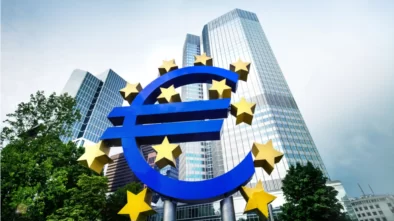The Federal Deposit Insurance Corp. (FDIC), a key U.S. banking regulator, is concentrating on whether certain stablecoins may be qualified for its coverage, five individuals acquainted with the agency’s reasoning said. The conversations are preliminary, and it’s not satisfactory what the schedule would be for settling on any policy choices or how such changes would be imparted.
The agency is attempting to analyze what supposed pass-through FDIC insurance may look like for the reserves that stablecoin issuers hold at banks. Such coverage would protect holders of the tokens against losses up to $250,000 if the bank holding the collateral were to come up short.
The FDIC is additionally taking a gander at what customary, direct deposit insurance may look like for banks that need to issue stablecoins, individuals acquainted with the conversations said.
The conversations come in the midst of a more extensive discussion in the U.S. about potential stablecoin guidelines. This week the Wall Street Journal announced that the Biden organization would expose stablecoin issuers to bank-like regulations. Circle, the issuer of USDC, the second-biggest stablecoin, has uncovered that the Securities and Exchange Commission (SEC) sent an investigative summon to the organization in July.
Stablecoins are Digital Forms of Money
Stablecoins are digital forms of money that are intended to exchange at equality with government monetary standards, normally the U.S. dollar. The most well-known sorts are sponsored by conventional monetary resources like money in a bank or commercial paper and should be redeemable 1-to-1 for cash on request. The two biggest stablecoins, Tether’s USDT and less significantly USDC, have gone under scrutiny as of late over inquiries regarding their backing.
In the event that the FDIC felt free to give deposit insurance to stablecoins, it would apply provided that a bank that was banking a stablecoin issuer or that was giving a stablecoin itself went into receivership.
Give a look at:-Bank of America recognizes 20 high-profile US organizations with crypto openness









